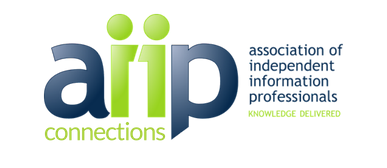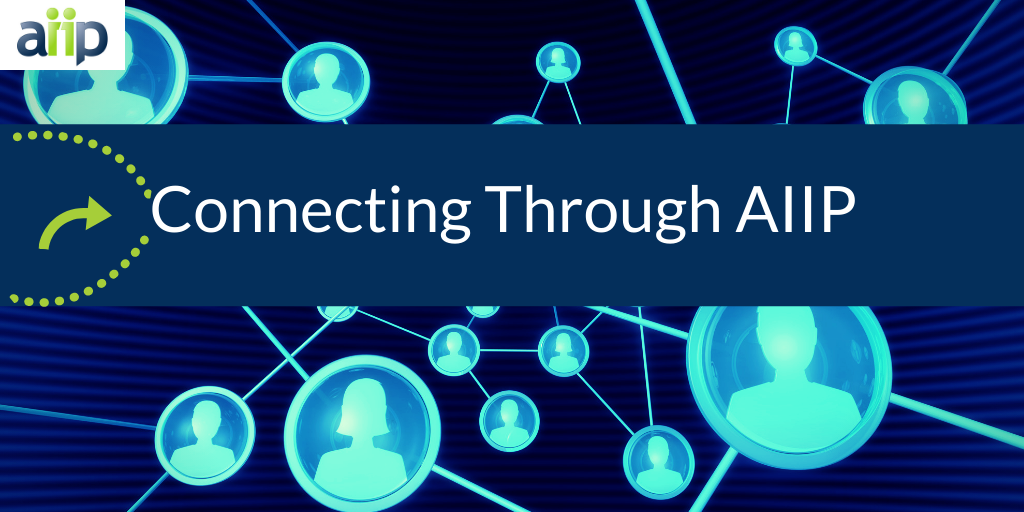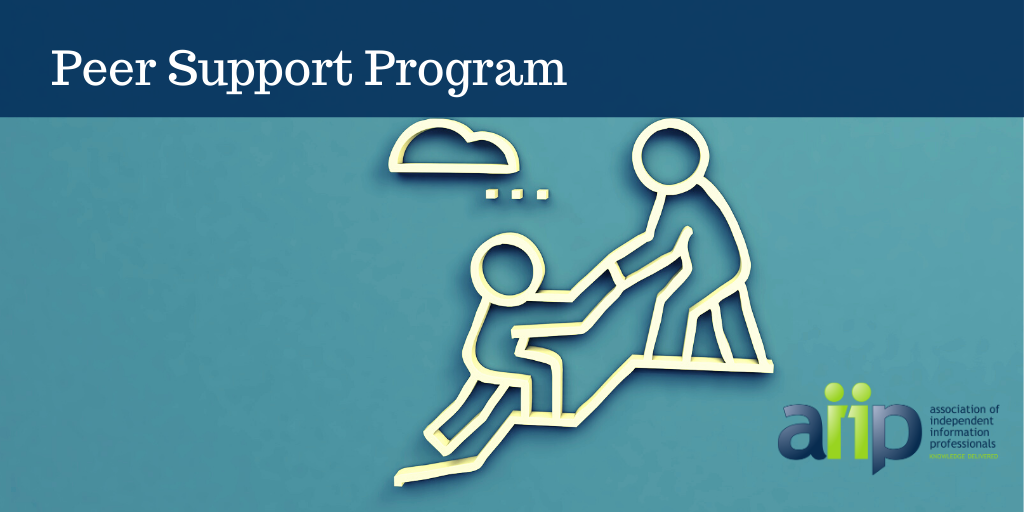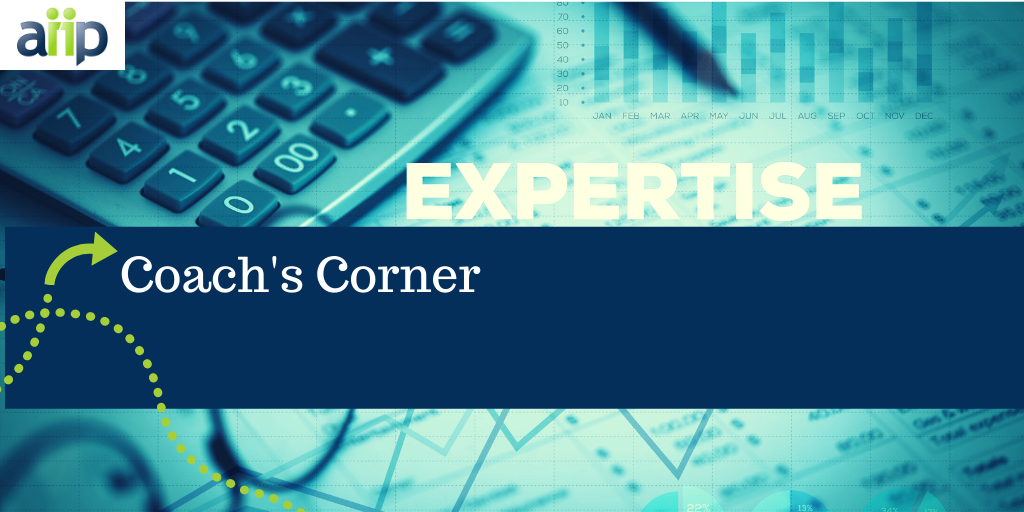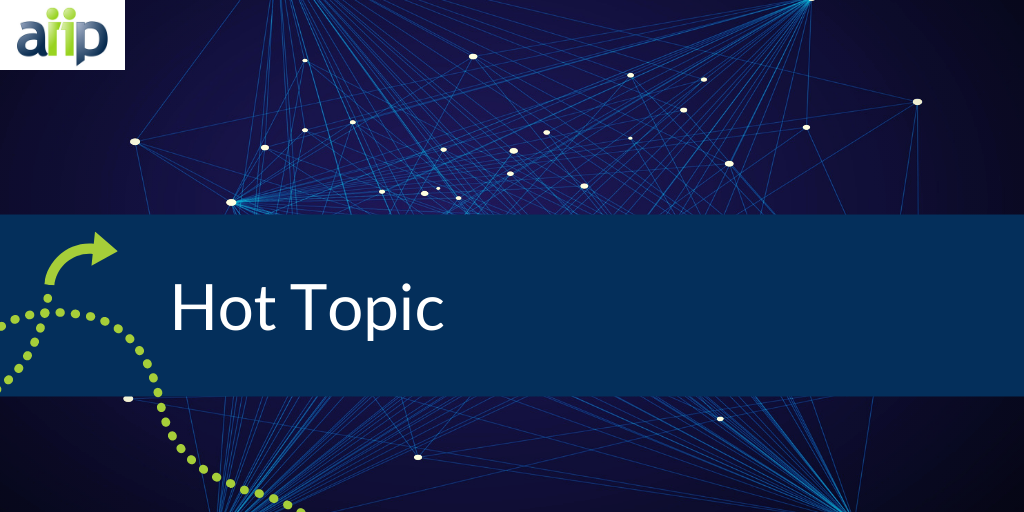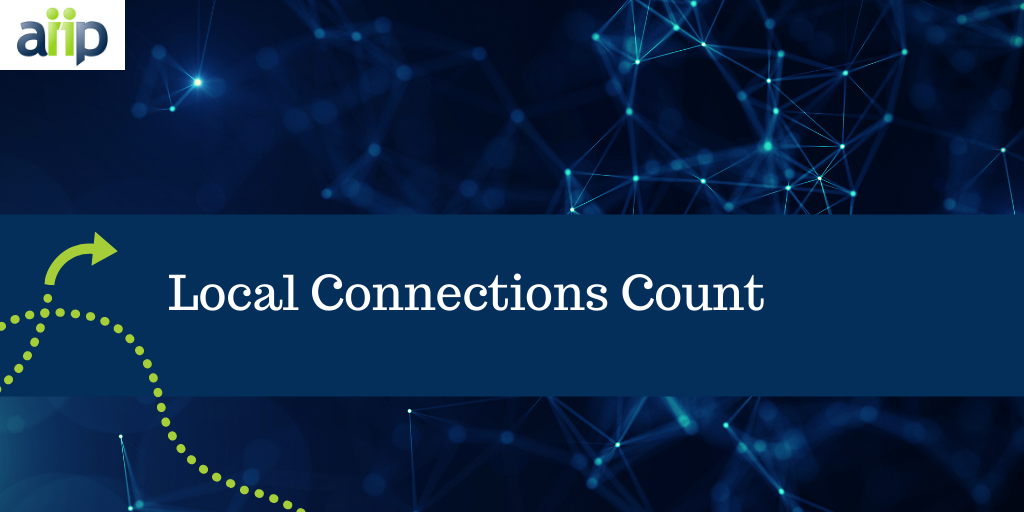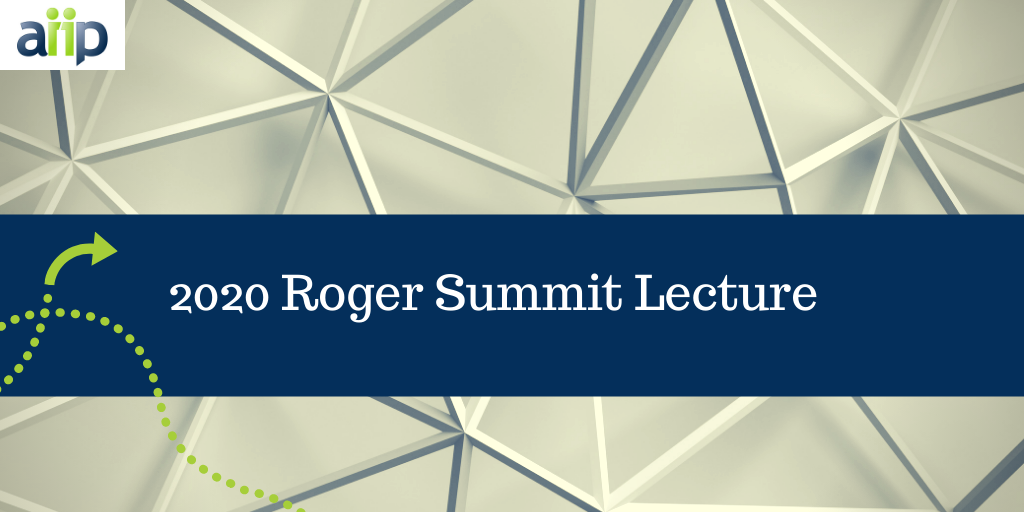By: Barbara Hanlon Pappas
Editor’s note: Before the AIIP Connections blog, our members shared knowledge through the print and digital editions of the AIIP Connections newsletter. Issues from 1991 through 2019 are now archived on in the members-only section of the association’s website.
I attended my first AIIP conference in 2019 and decided that I wanted to be more involved with the association. I am interested in websites, so I introduced myself to the webmaster and web committee chair, Connie Clem, and asked if she could use a volunteer. During the Spring of 2020, I finished a project assisting Connie with uploading issues to the AIIP Connections Archive. It was a rewarding experience, for some surprising reasons.
Read More →